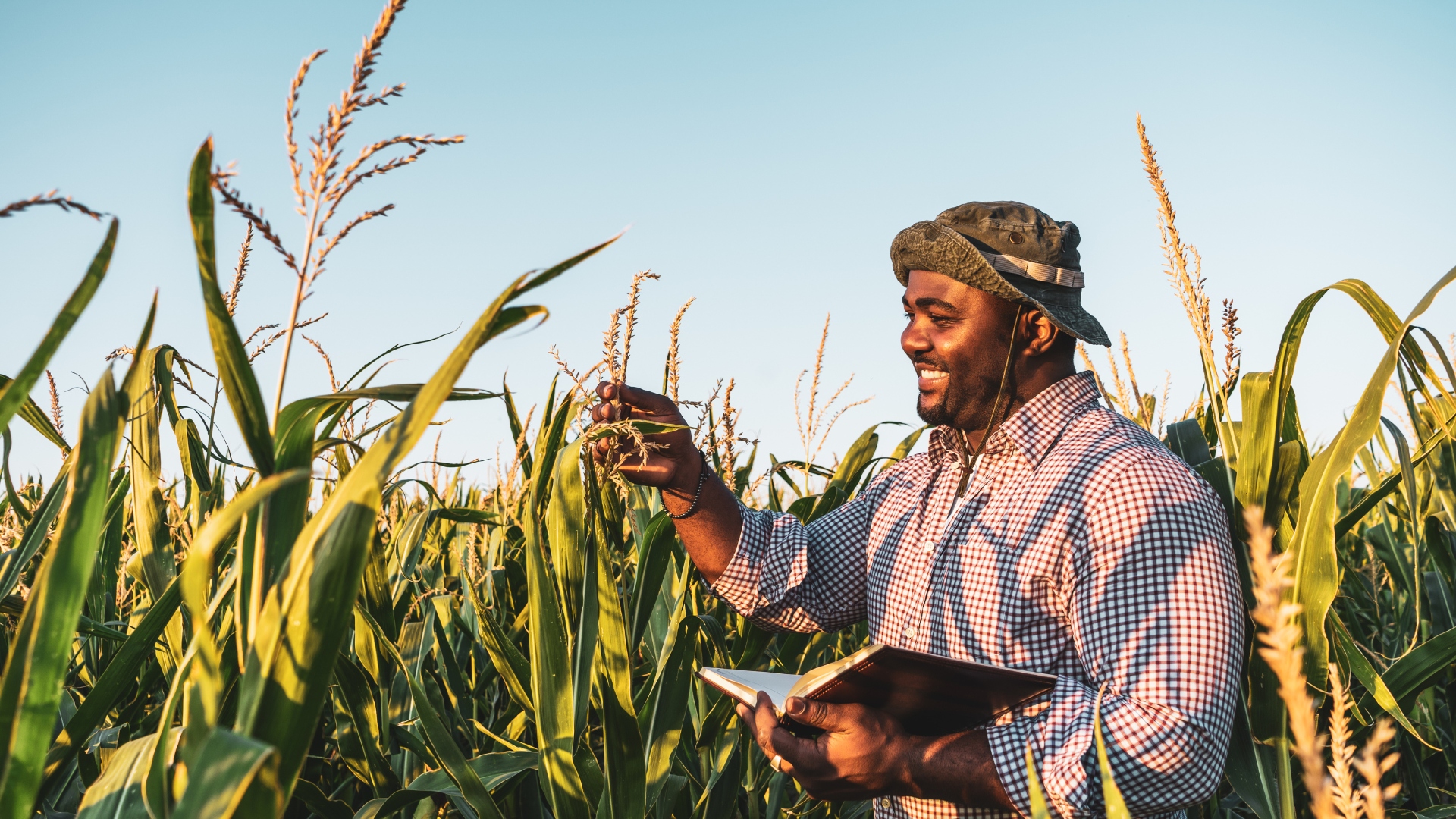For centuries, Black farmers played a crucial role in shaping American agriculture. Yet today, they make up less than 2% of all U.S. farmers, down from nearly 14% in the early 1900s. Systemic discrimination, land dispossession, and a lack of access to government resources have contributed to this dramatic decline. But a new wave of Black farmers and activists is working to reverse this trend.
Fighting for Representation and Land Ownership
The history of Black farming in America is deeply tied to resilience and innovation. After the Civil War, many formerly enslaved individuals pursued farming as a path to independence, acquiring millions of acres of land. However, discriminatory practices—such as denial of loans, unfair land seizures, and violence—led to widespread land loss among Black farmers.
Today, organizations like the National Black Farmers Association (NBFA) and initiatives like the Justice for Black Farmers Act are fighting to address these injustices. These efforts aim to provide financial support, legal resources, and agricultural education to Black farmers who have long been overlooked.
The Rise of Urban Farming and Sustainable Agriculture
Beyond traditional farming, Black agriculturalists are leading the charge in urban farming, hydroponics, and sustainable agriculture. Programs like Soul Fire Farm in New York and The Black Urban Growers (BUGs) collective are not only producing food but also teaching young Black entrepreneurs about self-sufficiency and food justice.
With the rise of farmer’s markets, farm-to-table restaurants, and community-supported agriculture (CSA) programs, Black farmers are reclaiming their space in the industry—one harvest at a time.







